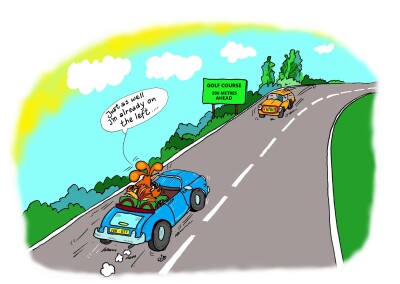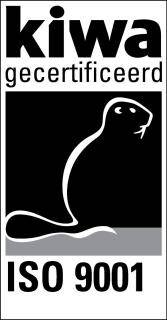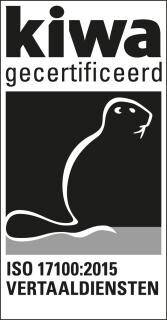 EN.jpg)
Native speakers: a guarantee of higher quality translations
Almost all professional translators translate exclusively into their native language. Understandable, as when it comes to marketing communication, in which creative language use is paramount, it’s important that copywriters are familiar with the nuances of the language. But native speakers have more advantages, which will be outlined in this chapter.
What are native speakers?
Your mother tongue is the language with which you grew up. This is usually the language spoken in the country in which you were born, but this needn’t always be the case. It might be the case that you’ve had a bilingual upbringing. An example being that you have a Dutch father and a French mother. It’s really quite simple, if you can think in a certain language, and you don’t have to translate the language in your head first, then you're a native speaker of the language.
Native speakers know the language
The most obvious advantage a native speaker has is that they know the language inside out. They possess a wider vocabulary than non-native speakers, and an innate ability to write and communicate in their mother tongue. They also know language specific expressions and sayings, which is another advantage that shouldn’t be underestimated. A non-native speaker, unfamiliar with these constructs, is likely to miss the point when translating it literally, which could change the entire meaning of a text. In short, a native speaker possesses all the linguistic prerequisites for writing a creative (marketing) text: linguistic understanding, insight into the language, and grasp of its nuances.
Native speakers know the culture
When native speakers have grown up in, or still live in their country of origin, they have another great advantage: up to date knowledge of their country’s culture and customs. On a linguistic level, this might mean knowledge of the latest buzzwords, or which words are out of fashion, and whether target groups should be addressed formally or informally. But they are also up to date with the latest political and social developments, which are often complex and sensitive subjects. This knowledge ensures that they always strike the right tone with consumers and other target groups. You don’t want to offend anyone unintentionally, especially if you’re entering the market in a certain country for the first time.
Good translators are much more than just native speakers
It’s clear that native speakers have the edge when it comes to translation. They possess a wide vocabulary, know the nuances of the language and its dialects, and are usually well informed about the current cultural, political and social situation in their country. Yet this doesn’t automatically mean that they’re good translators. A talent for writing and creative use of the language are equally important, as are knowledge of the subject matter with a preference for professional training, and experience as a writer and translator. That’s why professional translation agencies like AgroLingua work with passionate translators, who meet this criteria. As a marketer, you can be sure to receive a text which, for your target group, reads like an original text. It’s written by someone who knows the language inside out.
Want to know more about the importance of native speakers to the translation process? Then get in touch with the translation and localisation specialists at AgroLingua!






